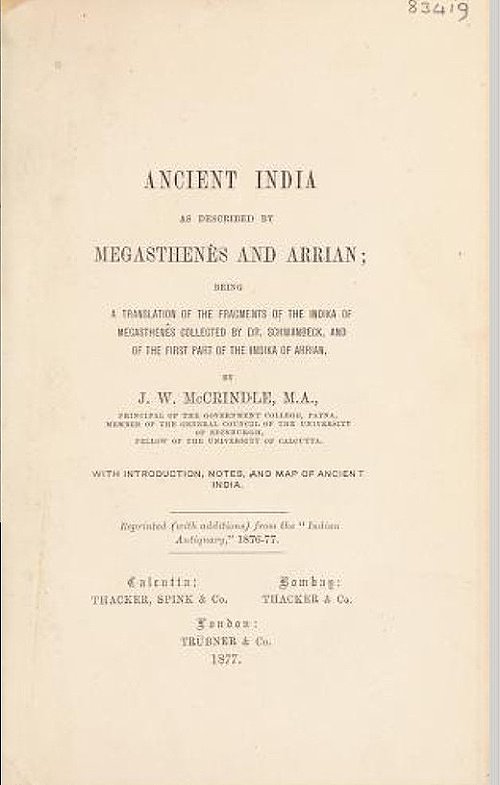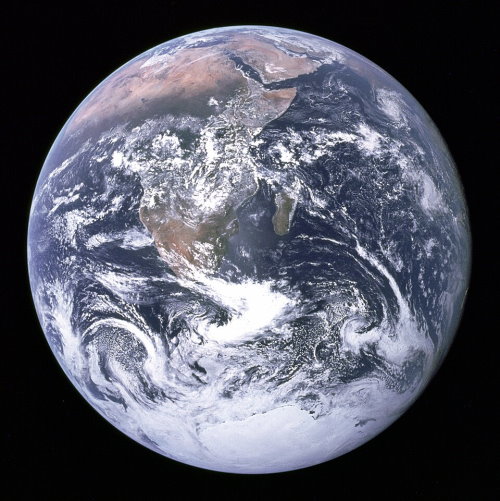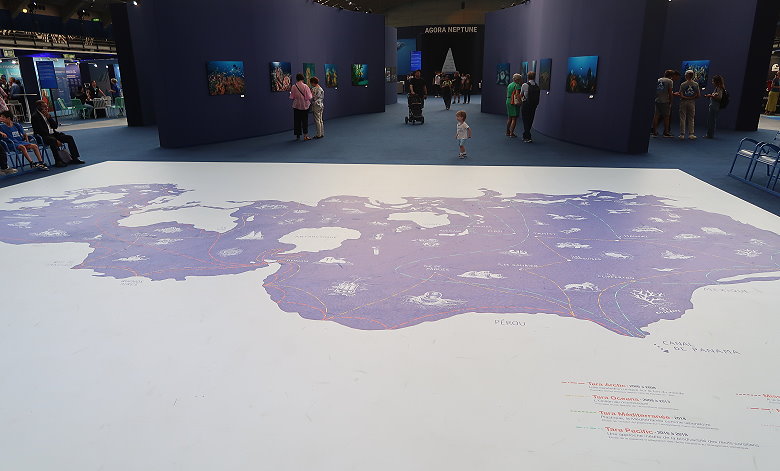
Ancient Indian and Greek scientists and philosophers knew the Earth was not flat as also shown by the circumnavigation of Africa by Phoenician sailors.
Introduction: the sea as a mirror of humanity
The sea has always been a mirror of humanity. At times, it has been a stage for wars, blockades, and domination; at others, a pathway for encounter, trade, and solidarity. Today, as international waters once again become an arena of tension, it is worth pausing for broader reflection: what does the history of humanist and scientific thought teach us about our relationship with the sea and the possibility of peace?
1. Scientific decentering: navigators and astronomers
In the 15th and 16th centuries, the great voyages of navigation revealed in practice that the Earth was round and that the oceans connected continents once thought distant. At the same time, the advances of Copernicus, Galileo, and Kepler showed that the Earth was not the center of the universe, but just one planet orbiting the Sun.
This double discovery—empirical and scientific—forced humanity to relocate itself in the cosmos: we were no longer the center, but part of a larger order. This vulnerability could be experienced as a threat, but also as an opportunity for broader, less egocentric thought, more conscious of interdependence.
2. Erasmus: the folly of war

Erasmus painted by Hans Holbein, the younger.
In this Renaissance context, Erasmus of Rotterdam passionately defended peace. In his Querela Pacis (1517) he exclaimed: "What is more contrary to human nature than that man should wage war against man?" (Quid tam alienum a natura hominis, quam hominem homini bellum esse?). He further reflected: "War seems sweet to those who have no experience of it, but those who have experienced it know how atrocious it is and usually advise against it" (Bellum dulcissimum ignorantibus; qui experti sunt, quam sit atrocissimum, solent contra suadere). And thus Erasmus concluded that: "The worst peace is better than the most just war" (Malis pax optima quam iustissimum bellum).
His pioneering words anticipated what history confirms: war is not destiny, but an avoidable human error.
3. Grotius: the sea as common freedom
A century later, Hugo Grotius enshrined in Mare Liberum (1609) a principle that remains central to international law: "The sea is free, and it is not lawful for any nation to prohibit its use" (Mare liberum esse nulli gentium fas est interdicere). He grounded this principle in a simple analogy: "The use of the air and flowing waters is common to all; so too is the sea" (Communis omnium usus est aeris et aquarum fluentium: sic et maris).
From this legacy, we inherit a principle that should not be questioned: The sea is not the property of any one nation, but the common space of humanity, a path for encounter among peoples.
4. The 20th century: tragedy and learning

Portrait of Hugo Grotius (1583-1645), Rijksmuseum Amsterdam
The 20th century knew the horrors of world wars, the Holocaust, Hiroshima, and Nagasaki. Yet from such devastation arose a new learning: the consensual proclamation of universal human rights and the creation of an international order seeking to guarantee peace.
The United Nations Charter (1945) and the Universal Declaration of Human Rights (1948) embody that conviction: that humanity can only prosper if it establishes norms that condemn violence and protect human dignity.
The United Nations Convention on the Law of the Sea (UNCLOS, 1982) extends the same logic, declaring that the high seas "shall be reserved for peaceful purposes" (art. 88) and that the seabed constitutes the "common heritage of mankind." More recently, the BBNJ Agreement (2023) reinforced this principle by addressing the conservation and sustainable use of marine biodiversity in areas beyond national jurisdiction, with a view to protecting the ocean also for future generations.
5. A humanist constant: well-being and freedom

The Blue Marble, taken by Harrison Schmitt of the Apollo 17 crew in 1972. The original photograph was taken with the South Pole facing the top; however, this version is the most widely distributed.
From Socrates to Erasmus, from the Stoics to the Universal Declaration of Human Rights, a constant emerges: human beings are born to seek happiness, well-being. No one regrets having lived in peace; laments arise only when peace has been squandered or taken away.
The soldier who goes to war does not do so out of a natural vocation for destruction, but because society obliges him to assume that role, often against his deepest human aspiration for well-being and peace. The existence of armies does not prove that war is inevitable; it only shows that humanity has not yet fully completed the learning of its own humanism
6. The 21st century: shared vulnerability
Today we experience a new decentering: the awareness that the planet itself is vulnerable. Climate change, marine pollution, and global technological risks remind us that we are not absolute owners, but responsible guests of a common home.
The new humanism must integrate this lesson: to be less egocentric, more aware that human life and the planet are bound together in a single fragility.
7. International law as accumulated wisdom
Some debate whether it can be "scientifically proven" that humankind was born for peace. Perhaps not. But neither can it be proven that we were born for war. What can be established historically is that every civilizational advance has come through limiting violence and expanding freedom: abolishing slavery, protecting children and women, guaranteeing social rights.
International law, with all its imperfections, is the normative memory of those learnings. Those who deny it do not only endanger others; they put themselves into question, exposing their own ignorance. Respecting international law is respecting the collective intelligence of humanity, which has learned—often through pain—to avoid avoidable errors.
8. Conclusion: the sea as the common heritage of humanity
International waters are, by definition, the common heritage of humanity. There is no room there for hegemony or appropriation, but only for cooperation and respect. Conflicts that attempt to militarize the sea forget this inherited truth: that the ocean is a shared space, and that to impede solidarity there is to deny what is most human in ourselves.

It is not about blaming, but about correcting. The task is not to regress to a world of blockades and confrontations, but to reaffirm what has done us good: freedom, respect, and solidarity.
Science has taught us that we are not the center of the universe. History has taught us that war is not destiny, but an avoidable error. International law reminds us that the sea and peace are the common heritage of humanity. Protecting these conquests is not naïve—it is the most intelligent and most human act we can perform for our future.
References
Erasmus of Rotterdam, Querela Pacis (1517).
Hugo Grotius, Mare Liberum (1609).
United Nations, Charter of the United Nations (1945).
United Nations, Universal Declaration of Human Rights (1948).
United Nations, United Nations Convention on the Law of the Sea (UNCLOS) (1982).
United Nations, Agreement on the Conservation and Sustainable Use of Marine Biological Diversity of Areas beyond National Jurisdiction (BBNJ) (2023).
By Maria del Carmen Patricia Morales
